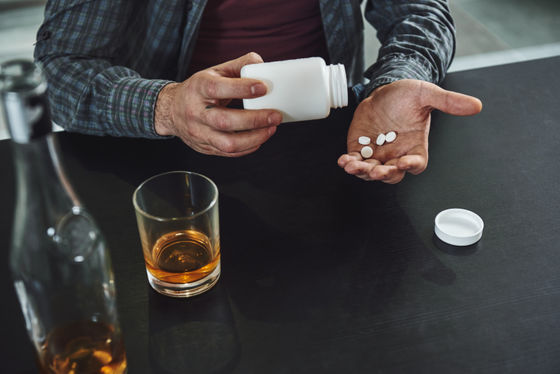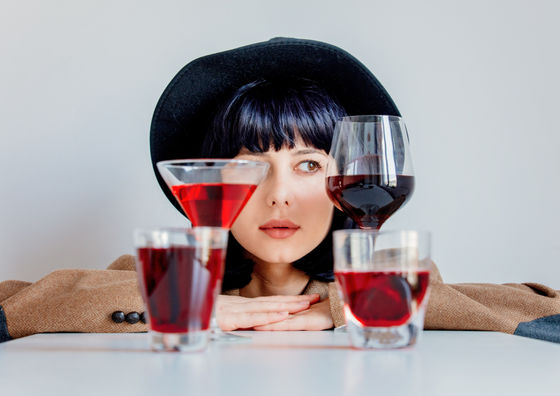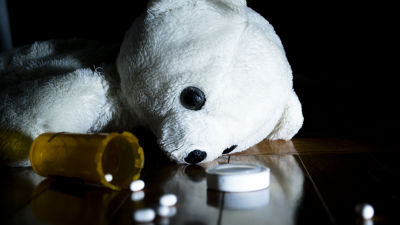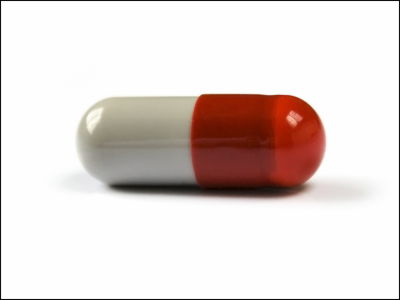It is not widely known, but experts say that 'alcoholism can be cured with medication'

Alcohol use disorder can be treated with an array of medications – but few people have heard of them
https://theconversation.com/alcohol-use-disorder-can-be-treated-with-an-array-of-medications-but-few-people-have-heard-of-them-227289
Alcohol has long-term effects such as liver disease, heart disease, and cancer, as well as short-term effects such as car accidents, acute poisoning, and suicide, and in the United States, it accounts for one-fifth of deaths among people aged 20 to 49. This is more than the combined total of deaths from overdose of all substances other than alcohol, including opioid use disorder , which is also a serious problem in the United States.
But alcohol use disorder is by no means incurable: Joseph P. Schacht, an associate professor of psychiatry at the University of Colorado Anschutz Medical Campus who has studied the pharmacotherapy of alcohol use disorder for 15 years, points out that there are effective treatments for alcohol use disorder, including psychotherapy, self-help groups , and medication.
Yet fewer than 10% of people with alcohol use disorder receive treatment, and fewer than 3% receive specific medication-based treatment, far lower than the 22% who receive treatment for opioid use disorder.

As of May 2024, there are three drugs approved by the U.S. Food and Drug Administration for the treatment of alcohol use disorder:
The best known of these is disulfiram, an anti-alcohol drug that makes people feel uncomfortable when they consume alcohol. This drug has a rather unusual history: it was originally used in rubber manufacturing, where factory workers became sensitive to alcohol, so it began to be used to treat alcohol use disorder.
Disulfiram can effectively reduce alcohol consumption, but it must be taken daily, which limits its usefulness if people do not adhere to the dosage regimen.

A more effective treatment is the opioid receptor antagonist naltrexone, which blocks opioid receptors in the brain, blocking the effects of both exogenous opioids taken orally as painkillers and endogenous opioids produced in the brain.
Naltrexone, a drug used to treat opioid use disorder, is also effective in treating alcohol use disorder because it reduces the release of
The beauty of naltrexone is that it can be taken orally or as a once-monthly injection, making it a better option for patients who have trouble taking medication every day.
A third treatment, acamprosate, also reduces alcohol cravings, but its molecular effects are less well understood. Clinical trials in Europe have shown it can help people drink less, but results in clinical trials in the United States have been less encouraging.

Other promising drugs for reducing withdrawal symptoms such as hallucinations experienced by people who stop drinking include the antiepileptic drugs gabapentin and topiramate , and baclofen, a drug used to treat spasticity , a muscle dysfunction; baclofen has been approved in France since 2018 for the treatment of alcohol use disorder.
Unfortunately, these medications don't work wonders for all alcohol use disorder patients. On average, Schacht says, the drugs reduce the number of heavy drinking days a week by one or two. Some patients see more of a benefit than this, while others see less. That's why pharmacotherapy for alcohol use disorder is considered ' precision medicine ,' which tailors treatment to the individual.
Meanwhile, research into promising new drugs is also underway. For example, it is said that taking 'GLP-1 receptor agonists,' which mimic the hormone glucagon-like peptide 1 (GLP-1) , which is produced after a meal, reduces interest in alcohol, and there is considerable interest in the potential of these drugs to treat alcohol use disorder.
Schacht's research team is currently conducting clinical trials of Ozempic and Wegoby, two GLP-1 receptor agonists used to treat diabetes and obesity, for the treatment of alcohol use disorder, with results expected within one to two years from the time of writing.
Related Posts:







